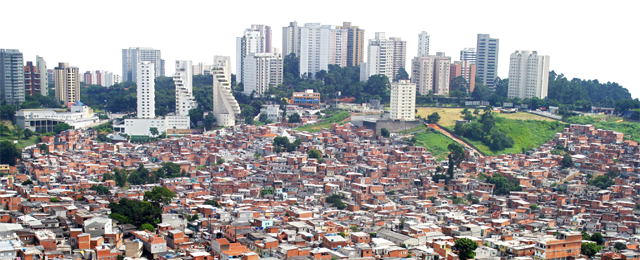- Who We Are
- How We Work
- Regional / Country Initiatives
- Legacy
- Core Themes
- Working Groups
- Portfolio & Results
- Newsroom
- Resources
Cities Without Slums Action Plan

The “Cities Without Slums” action plan was developed by the Cities Alliance in July 1999 and launched by Nelson Mandela at the inaugural meeting of the Cities Alliance in Berlin in December 1999.
The “Cities Without Slums” initiative has been endorsed at the highest political level internationally as a challenging vision with specific actions and concrete targets to improve the living conditions of the world's most vulnerable and marginalised urban residents. In his vision for the world organisation in the 21st century -"We the Peoples: The Role of the United Nations in the Twenty-first Century" (A/54/2000)- which set the agenda for the UN Millennium Summit, the Secretary General of the United Nations, Kofi Annan, strongly supported the "Cities Without Slums" action plan and asked all UN member states to endorse and act on it.
The “Cities Without Slums” action plan was subsequently endorsed by the 150 heads of state and government attending the UN Millennium Summit in September 2000, and is reflected in the United Nations Millennium Declaration (A/RES/55/2), along with the other targets set under "Development and poverty eradication". The goal is:
“By 2020, to have achieved a significant improvement in the lives of at least 100 million slum dwellers as proposed in the ‘Cities Without Slums’ initiative.”
The “Cities Without Slums” goal is now reflected as Target 11 of the Millennium Development Goals. Progress in achieving this goal will be monitored through two indicators: (i) the proportion of people with access to improved sanitation; and (ii) the proportion of people with access to secure tenure.

